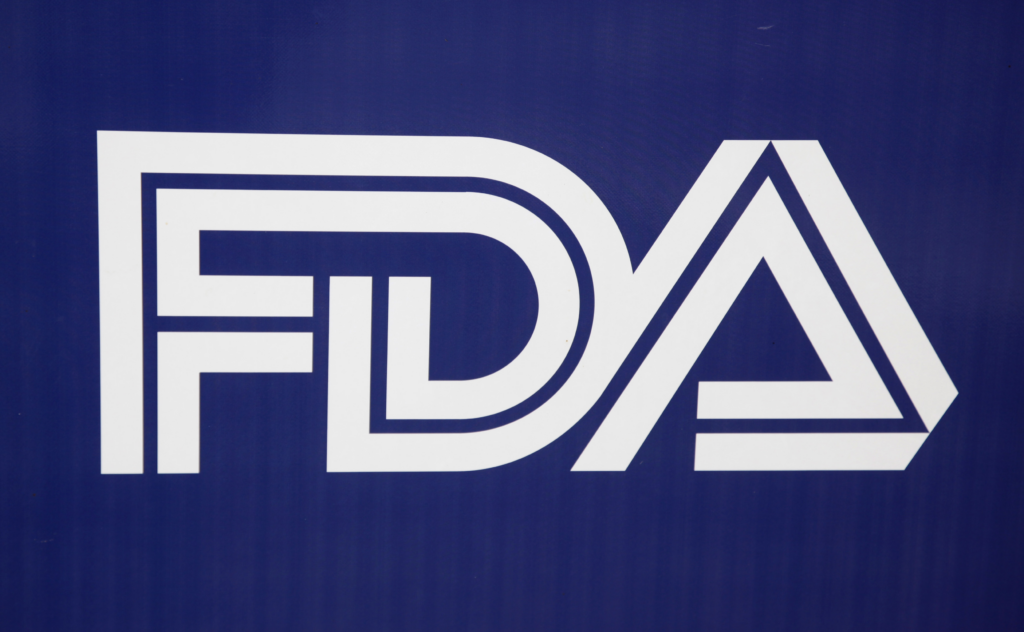
In another letter in December, 29 former U.S. attorneys called on the Biden administration to leave cannabis in Schedule I.
Also that month, the governors of six U.S. states—Colorado, Illinois, New York, New Jersey, Maryland and Louisiana—sent a letter to Biden calling on the administration to reschedule marijuana by the end of last year.
Meanwhile, six former DEA heads and five former White House drug czars sent a letter to the attorney general and current DEA administrator voicing opposition to the top federal health agency’s recommendation to reschedule marijuana. They also made a questionable claim about the relationship between drug schedules and criminal penalties in a way that could exaggerate the potential impact of the incremental reform.
Signatories include DEA and Office of National Drug Control Policy heads under multiple administrations led by presidents of both major parties.
A coalition of 14 Republican congressional lawmakers, meanwhile, separately urged DEA to “reject” the top federal health agency’s recommendation to reschedule marijuana and instead keep it in the most restrictive category under the CSA.
A recent poll found that about one-third of marijuana consumers say they would go back to the illicit market if cannabis was rescheduled and only made legally available as an FDA-approved prescription drug.
Another recent survey found that President Joe Biden stands to make significant political gains if marijuana is rescheduled under his administrative directive. Of course, Biden doesn’t directly control the final outcome.
The president has routinely touted his 2022 scheduling directive, as well as a mass pardon he granted for people who’ve committed federal marijuana possession offenses. He followed up on that action in December with a renewed and expanded pardon proclamation. The Justice Department has already begun issuing certifications for people who applied under the second round.
Vice President Kamala Harris’s office has been reaching out to people who’ve received a cannabis pardon—seeking assurance that the Justice Department certification process is going smoothly and engaging in broader discussions about cannabis policy reform, according to a pardon recipient who was contacted.
You can view the whole article at this link.


